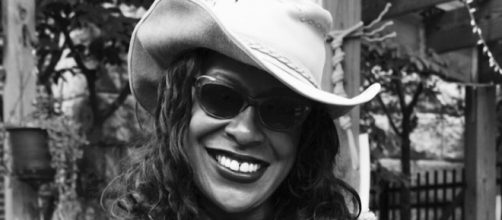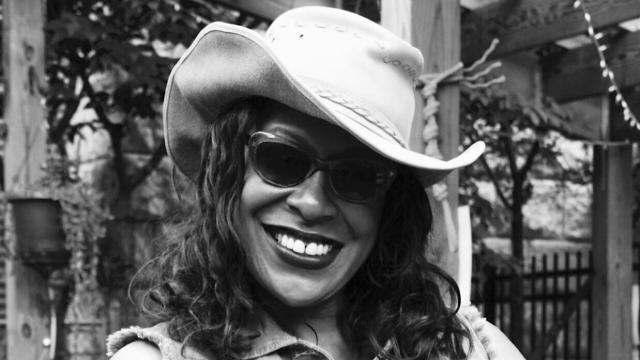Monique Sherrell Brown is a Jazz singer from Queens, New York, who trained under Collette Black, a respected Cabaret singer. Monique also studied via the vocal guidance of Eadie Scott, Elizabeth Russo, Craig Derry, and Luca Chesney. Monique has performed at 53 Below, Don’t Tell Mama and the Laurie Beechman Theater. After a stint as a backup singer for a country blues band, Monique branched out on her own. Her album titled “Useless Nights” was nominated for a jazz award via LDM'S in 2018 and her songs are played on indie stations internationally.
She is now promoting her new EP titled “Life After The Blues.”
Monique discussed jazz, her musical career, and more via an exclusive interview on September 10, 2018.
Jazz, albums, and lyrics
Meagan Meehan (MM): How did you discover your love for jazz and your ability to sing it?
Monique Sherrell Brown (MSB): Interesting enough, I never considered myself a jazz singer. I grew up on 80s, 90s R&B, Alternative, Rock & Pop (my genres vary). I joined the world of cabaret about seven years ago and was able to explore the genre a little more and came to appreciate it. It wound up sticking on some of my songs.
MM: How did you come to work with some very well-known and respected jazz singers?
MSB: I am very lucky to live in a NYC which houses so many talented musicians.
Being out and about in the NYC music scene exposes me to some really great artists.
MM: You have produced albums, so how did you find a studio/label and what was the recording process like?
MSB: “Life After The Blues” is my first solo EP as an independent artist. It is very challenging experience when you first start. The production process took me some time. Every time I left the studio I thought I had the vocals right then listened back and kicked myself saying "I can make this better." Every detail lingers as an artist because you want perfection on your work.
MM: Do you write your own songs and music and have you a favorite tune to sing?
MSB: I write my lyrics and produce. I've collaborated with some wonderfully talented people on this project with decades of experience.
It was an honor to work with them and see how they could help bring my vision to life.
Concerts, awards, radio, and music
MM: How have you secured concerts and what is it like to sing in front of live audiences?
MSB: I contact the venues and send them my music. I love performing live. There's something magical about connecting with an audience and seeing them sing and dance to your music. There is an intoxicating energy that makes me want to work even harder to tell my story and make sure people feel it.
MM: You have been nominated for jazz awards, so how awesome was that experience?
MSB: It's wonderful to be recognized for your work among peers. As an artist you put yourself out there with your heart on a line.
You want people to connect with your music but don't know if they will relate to the story. It's always refreshing and when they do.
MM: Your songs are played on the radio, so how did you find stations to air your music and what does it feel like to hear your voice on air?
MSB: I still feel a little weird hearing my music on the air. I go into that mode where this or that could have been better. But then I think to myself, you're on the radio and people like it so get over yourself.
MM: It can be hard for new artists to break into the entertainment world. How have you managed your success and where do you hope to go from here?
MSB: It is tough. While I am getting myself music out there, it is a huge process.
I'm an indie artist without a label backing me, so it's up to me to make things happen. I hope it will change in the near future.
MM: What are your biggest hopes for the future of your career as a jazz singer?
MSB: I would say to make a decent living out of doing what I love. I will never give up on my dreams. I’m also active on social media and I hope that will help get my name better known, too.



